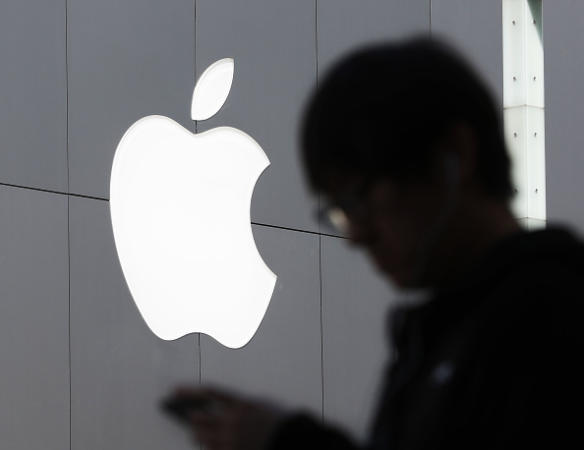Apple has quietly updated its App Store guidelines following the decision to remove several top parental and screen-time control apps from its platform. In April, Apple removed at least 11 of the 17 most popular apps, sparking backlash from developers.
As the company comes closer to an investigation by the Federal Trade Commission (FTC), Apple has now reversed its decision and allowed the apps back into the App Store pending the companies’ agreements to not share or sell users’ data to third-parties.
Apple began making stricter rules on iPhones’ ability to control other smartphones, the use of certain APIs and the release of its own screen-time monitor; however, developers claimed the move were reminiscent of a monopoly and claimed Apple wanted total control over the competition in the App Store.
An Apple spokeswoman told the New York Times that the company has removed some apps because they collect too much user data, which violates the company’s rules.
“We treat all apps the same, including those that compete with our own services,” the Apple spokeswoman told the New York Times. “Our incentive is to have a vibrant app ecosystem that provides consumers access to as many quality apps as possible.”
In an attempt to avoid data and privacy issues, the company has run into problems with the FTC. Apple’s new guidelines allow many of the apps that were once deleted back into the App Store, but continue to have strict rules around data privacy shared through kid-focused apps.
“In order to help keep kids’ data private, apps in the kids category and apps intended for kids cannot include third-party advertising or analytics software and may not transmit data to third parties,” Apple said in a blog post.
Apps must comply to the new rules by September 3. The company also updated its policies surrounding Mobile device management (MDM), requiring developers to request the MDM capability. Only commercial enterprises, such as business organizations, educational institutions, or government agencies would be offered the capabilities. Companies using MDMs for parental controls would be approved in limited cases.
This is a major win for companies looking to keep their place in the App Store. As Apple builds out more guidelines to protect itself from further privacy issues, the company will have to navigate the fine line between being strict and being a monopoly.

